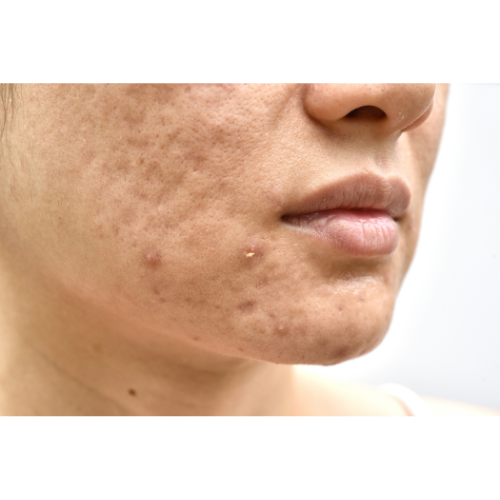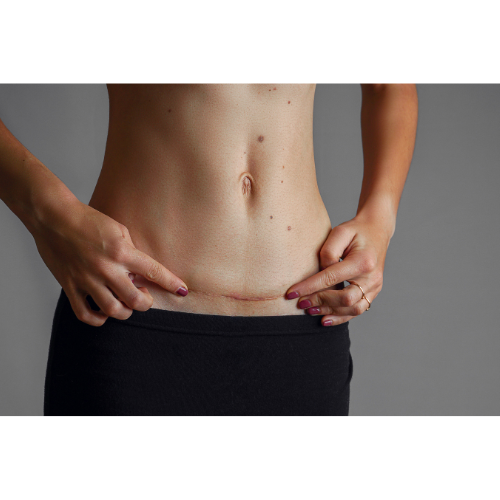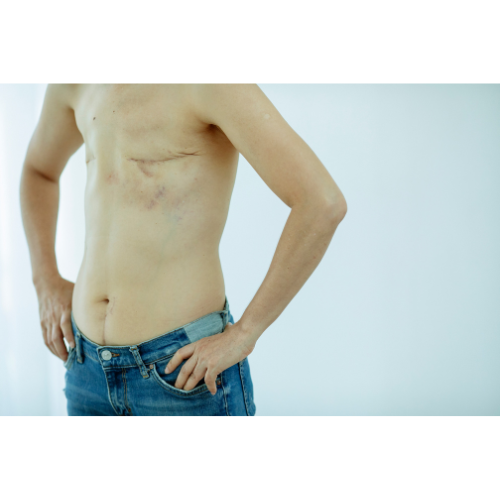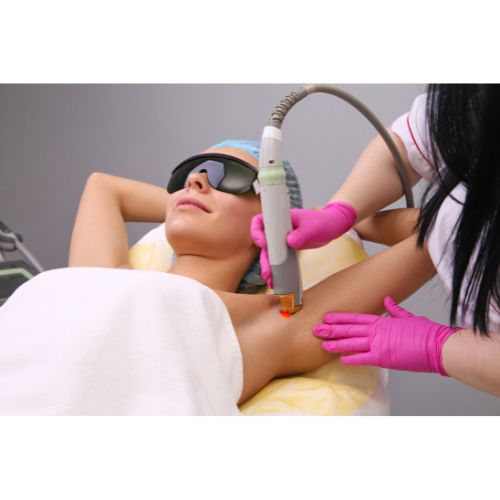How Does CO2 Laser Work for Scar Reduction?

How does CO2 laser work for scar reduction?
Scars tell stories of resilience and healing, but they may also be reminders that some wish to minimize. If you're searching for answers to the question, 'Can scars be removed?', you're not alone. With advancements in medical technology, CO2 ablative laser therapy has emerged as a beacon of hope for many. This treatment method offers a promising solution for those looking to improve the appearance of scars, helping to fade them gradually. The CO2 laser works by directing a focused beam of light to the scarred skin, encouraging the regeneration of skin cells and the production of new collagen. But how does this translate to visible results? And is it the right choice for you? Let’s delve deeper into how CO2 laser therapy helps in scar reduction and explore its role in modern scar treatments.
Understanding Scar Formation: Why Do Scars Develop?
Scars are a natural part of the body's healing process. They develop when the skin's deeper layers are injured, resulting in the accumulation of collagen fibers to repair the wound. While our body’s ability to heal is remarkable, the appearance of scars can vary based on factors such as the wound's depth, severity, and location. Moreover, skin type, age, and genetics also influence how pronounced the scar becomes. For many, the question arises—'How to hide visible scars?' Understanding why scars form is the first step in addressing the best approach for scar treatments. Knowing the underlying causes and types of scars, such as keloids, hypertrophic, or atrophic scars, can help you and your dermatologist select the most effective treatment method, such as the CO2 laser, to fade scars effectively over time.

The Science Behind CO2 Ablative Laser Therapy
The CO2 ablative laser stands out as a revolutionary tool in the realm of scar treatments due to its precision and effectiveness. This technology works by emitting a concentrated beam of carbon dioxide that penetrates the skin’s surface. As the laser energy interacts with the skin, it vaporizes the outermost layers and induces controlled micro-injuries. These micro-injuries signal the body to initiate its natural healing process, stimulating the production of new collagen and elastin fibers. This results in smoother and more even skin texture over time, ultimately helping to fade scars. The process is akin to encouraging the skin to renew itself, gradually reducing the visibility of scars. While the science behind CO2 laser might sound complex, its results speak volumes for many who've found renewed confidence in their skin.
How CO2 Lasers Help Fade Scars: A Closer Look
CO2 laser therapy is often lauded for its efficiency in scar reduction, particularly because of its dual action on the skin's surface and deeper layers. By ablatively resurfacing the skin, it not only targets the visible aspects of scars but also addresses the underlying tissue structure. This layered approach allows for an overall improvement in skin texture and tone, making scars less noticeable. What’s more, the precision of CO2 lasers ensures that only the scarred areas are targeted, leaving surrounding skin unharmed, which is crucial for optimal healing. Patients undergoing CO2 laser treatments often report a significant reduction in the appearance of their scars, alongside improvements in skin elasticity and firmness, answering the pressing question, 'Can scars be removed?' with a hopeful, 'They can be significantly faded.'

Benefits and Considerations of CO2 Laser Scar Treatments
CO2 laser treatments offer multiple benefits in the journey to fade scars. They not only improve the appearance of skin but also enhance its texture and tone. For many, this treatment can be life-changing, as it provides a sense of renewed self-confidence. However, it’s also important to consider the recovery time and potential side effects, such as redness and swelling, when deciding if this treatment is right for you. While these side effects are generally temporary, consulting with a qualified dermatologist is crucial to understanding the full scope of the treatment and to manage expectations. This ensures that you make an informed decision about pursuing CO2 laser therapy as part of your scar treatment plan.
Is CO2 Laser Right for You? Factors to Consider
Deciding on CO2 laser therapy for scar treatments involves several considerations. Firstly, consult with a dermatologist who can assess your skin type and scar characteristics. The laser is effective for many, but not everyone is an ideal candidate. Factors such as skin tone, scar type, and overall skin health play crucial roles in determining the suitability of this treatment. Furthermore, understanding the potential costs and recovery time is essential before proceeding. While the promise of fading scars is enticing, ensuring you're prepared for the post-treatment care and follow-up appointments is equally important. Take this journey one step at a time, and remember that each scar is unique, just like your story, and deserves a treatment plan tailored specifically to your needs.

Unlocking Tension: The Benefits of Deep Tissue Massage for Shoulder Relief

Laser Hair Removal vs. IPL: Finding the Best Option for You
